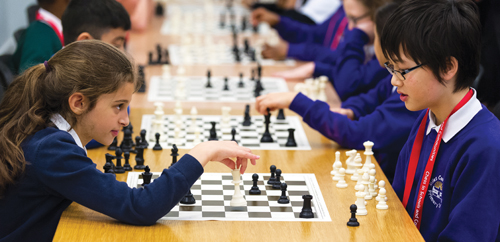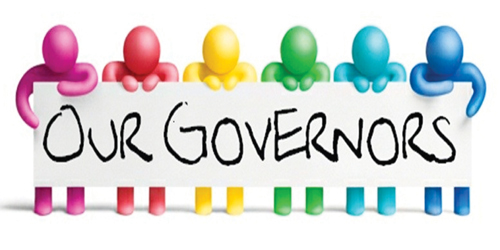
The perception of chess as a game reserved for the intellectual elite could not be further from the truth. The ‘universal’ game has stood the test of time – for over a thousand years – because it is easy to learn and has the power to bring people together. The game that crosses all barriers of age, gender, ethnicity or disability, chess is ideal for breaking down barriers; so much so that it’s played by an estimated half a billion people around the world.
The benefits of chess extend far further, especially when played from a young age. Learning chess in primary school can help develop a range of key social skills and educational attributes, such as problem solving, logical thinking, planning ahead and the ability to concentrate. Given the surge of technology available to younger generations and the requirement for visual stimuli via smartphone screens, this last trait is becoming more and more important.
What’s more, evidence suggests a clear link between playing chess and increased academic attainment, while a meta-study from 2016 has shown that chess can have a significant impact on mathematical ability.
Chess suffered a dip in popularity around the turn of the millennium when computer games took hold, but it is now enjoying a surge in social status. No more is this the case than in schools right across the UK where participation has increased three-fold in as many years thanks to the work of a charity that delivers the game to state schools and encourages them to include in the curriculum.
Chess lessons delivered in state schools via curriculum time lessons is a radical idea but one being embraced by 100s of head teachers nationwide as the initiative of Chess in Schools and Communities grows. Now in over 800 state schools, chess is being used as a tool to aid educational development in children and also build softer attributes like confidence, self-esteem and what educational psychologists call ‘grit’ – a wonderful term that summarises the ability to cope with whatever life throws at us. Chess also teaches children that actions have consequences and that you sometimes have to take responsibility for them.
All of these things can help children grow into well-rounded and employable individuals. Given the competition for places in the cut-throat world of business, these skillsets can be invaluable in giving children a helping hand when building their CV or stepping into an interview. The charity’s experience is that even at a young age, chess ability can help children get into the best secondary schools.
Consider how children can learn to socialise and make new friends from different backgrounds from a foundation of shaking the opponent’s hand before and after a game, develop problem solving skills from working out the best way to escape from a tricky situation on the board, or improve forward planning by thinking several moves ahead. It becomes clear how chess can boost the skills children need to succeed in a professional capacity.
That’s the mission of the charity – to give as many children as possible the best chances of succeeding later in life.
Malcolm Pein is Chief Executive of Chess in Schools and Communities, a charity that delivers chess to state schools as a tool to foster intellectual character, problem solving skills and employability.
Please visit: www.chessinschools.co.uk.





